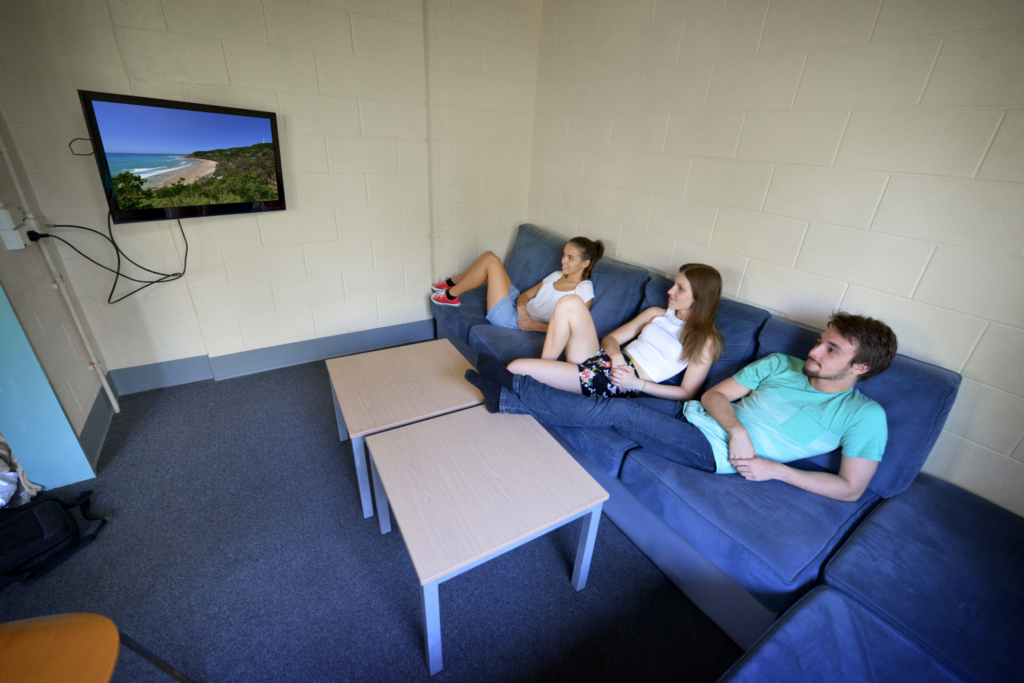Heading off to college is a thrilling, yet simultaneously intimidating experience. This is probably the first time you have lived with anyone outside of your family. For some students, it can be the first time they have had to share their personal space with a roommate. A little preparation and an open mind go a long way in ensuring that you get along and maybe even bond with your college roommate.
Start With A Phone Call
Often, college roommates begin as complete strangers to one another. Instead of waiting until you are unpacking boxes to introduce yourself to your roommate, pick up the phone and call her before the semester begins. In this preliminary conversation, exchanges pleasantries and talk about what you plan to bring for your dorm room.
Before you arrive at school, take some time to think about your own personal preferences. A few things to consider are if you view yourself as neat, what time you like to study, how much noise is acceptable in the morning, and if you mind sharing your personal items. Once you get to school, these are topics to discuss with your roommate.
Build From The Basics
To get along with your roommate, you do not need to be his best friend. You do not even have to like each other, but you must respect one another. More importantly, you must communicate well. Instead of focusing on building a friendship, take time to understand each other’s feelings, preferences, and opinions. Communication is key. At first, learn your roommate’s personal habits, characteristics, and even “quirks.”
Lay Some Ground Rules
Most roommates argue about the same things. Common areas of conflict include noise, guests, neatness, studying arrangements, social lifestyles, and schedules. Come up with a plan together on how to address these issues and make a commitment to stick to them. If your roommate is violating the rules, stand up for your rights.
Resolving Conflict
When you live with someone, conflict will arise. Approach any issues by airing your grievances in a way that does not make your roommate feel under attack. One way to achieve this is by entering into the conversation under the assumption that your roommate is not specifically doing something to annoy you.
According to the University of Miami, the best fix to any roommate conflict is the one that you decide upon together. You both need to be open and willing to compromise. Call a meeting when neither of you is tired, hungry, or angry. State the problem, try to brainstorm a few fixes together, and then agree upon a solution. If your conflict is so intense that you can no longer communicate, reach out to a third party, such as a resident adviser, for help.






